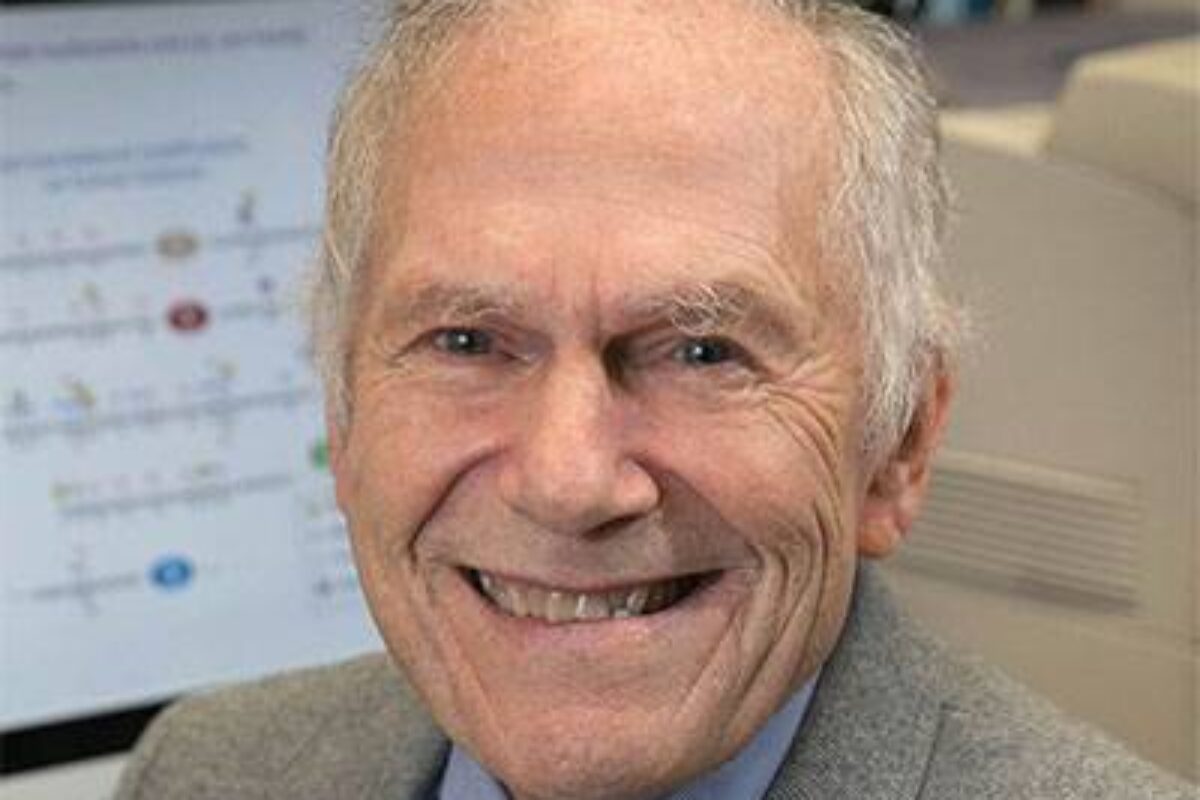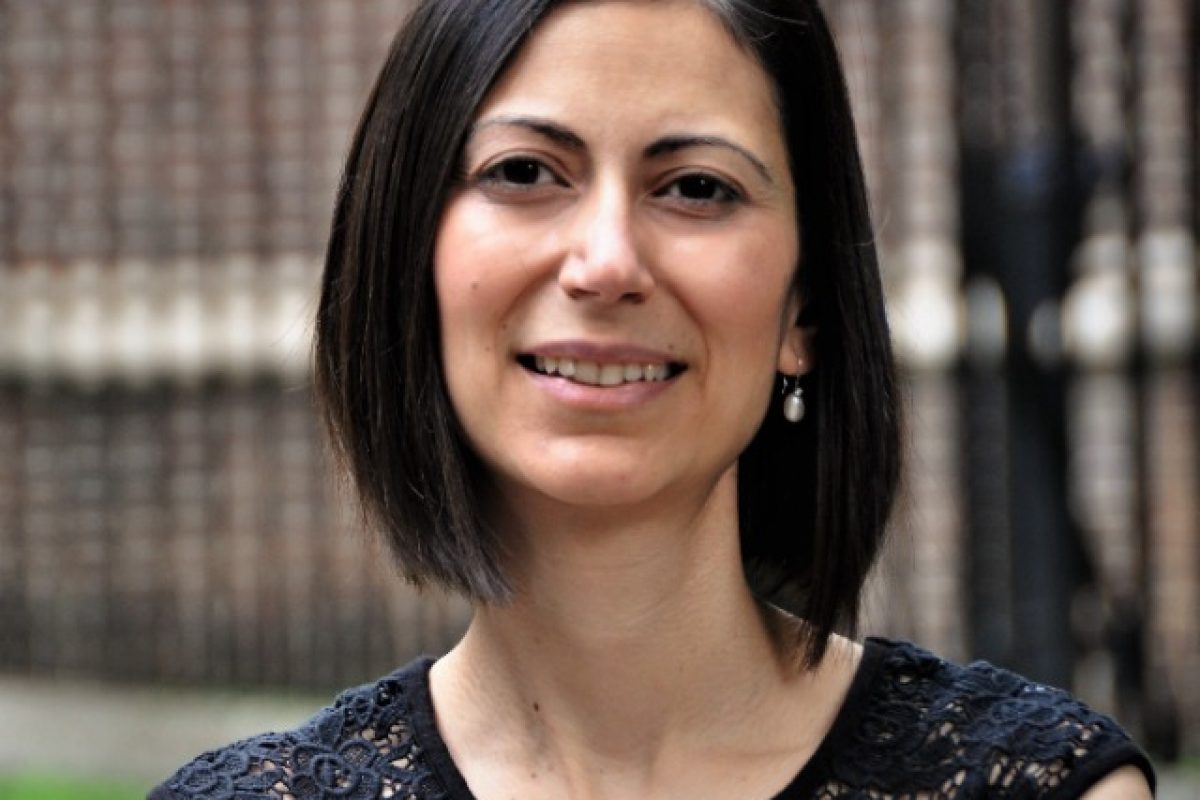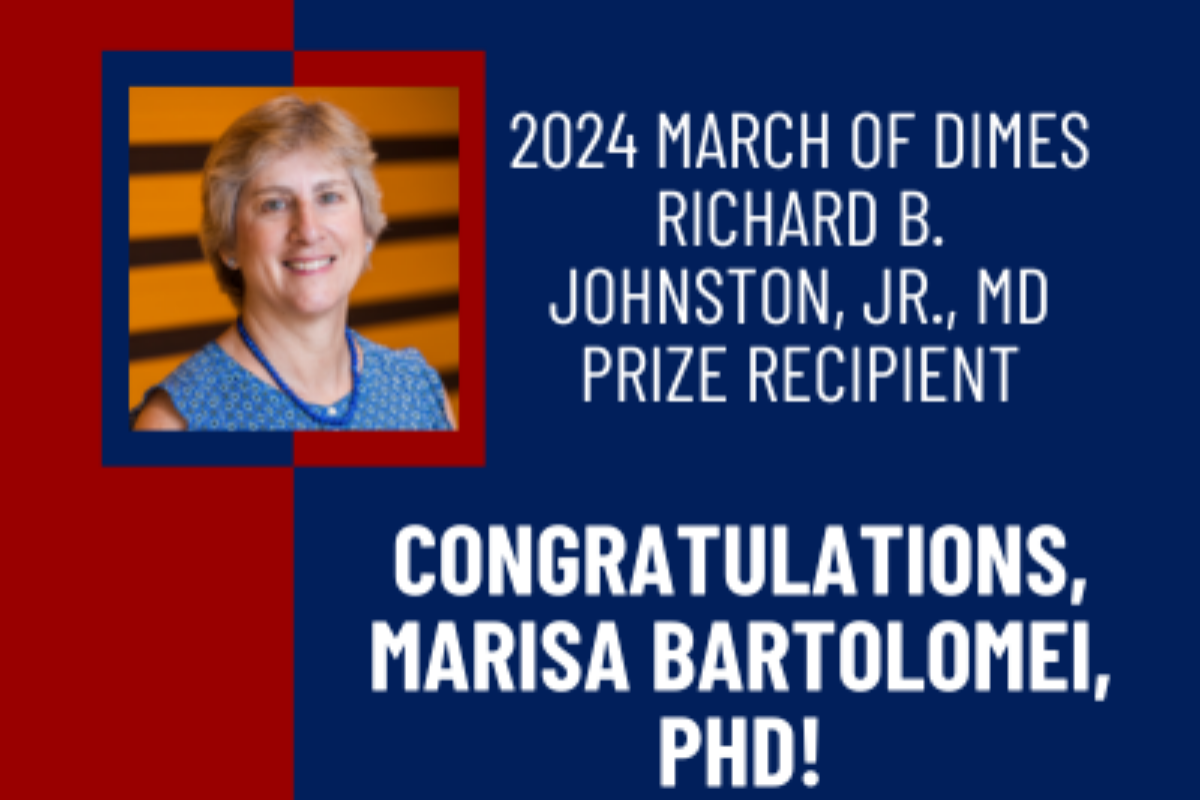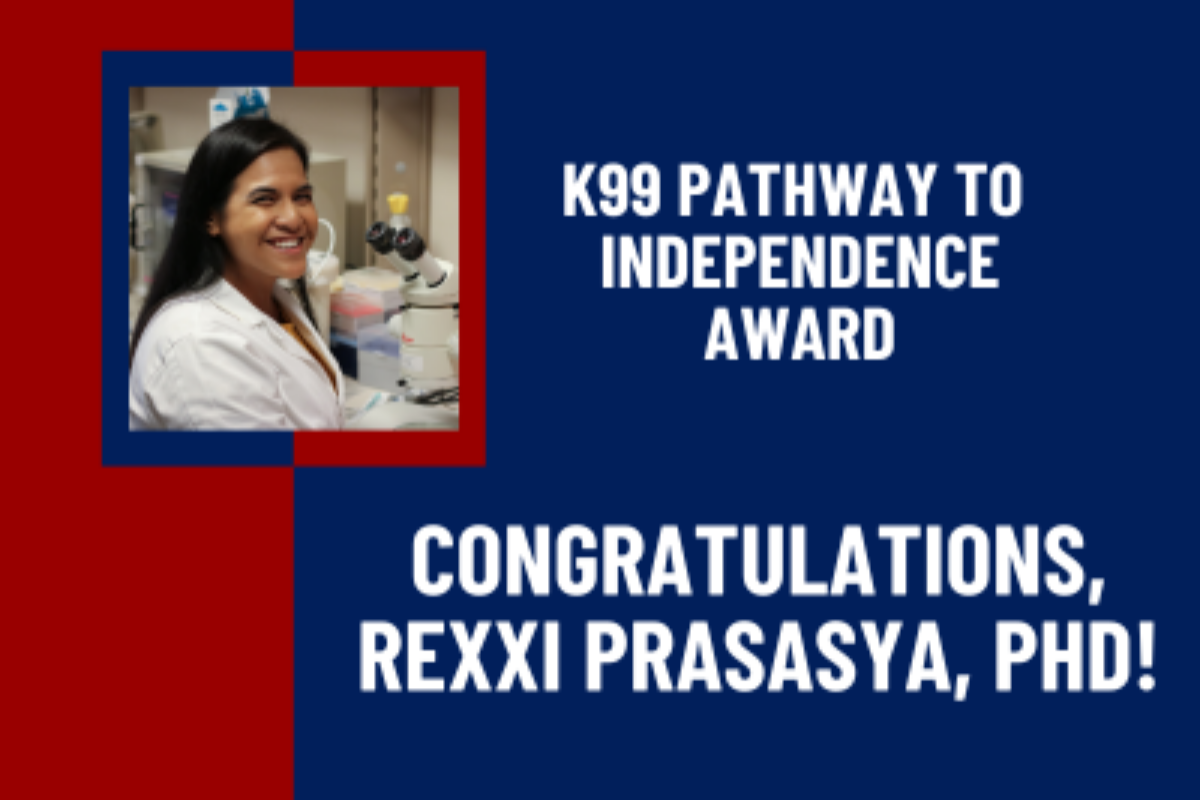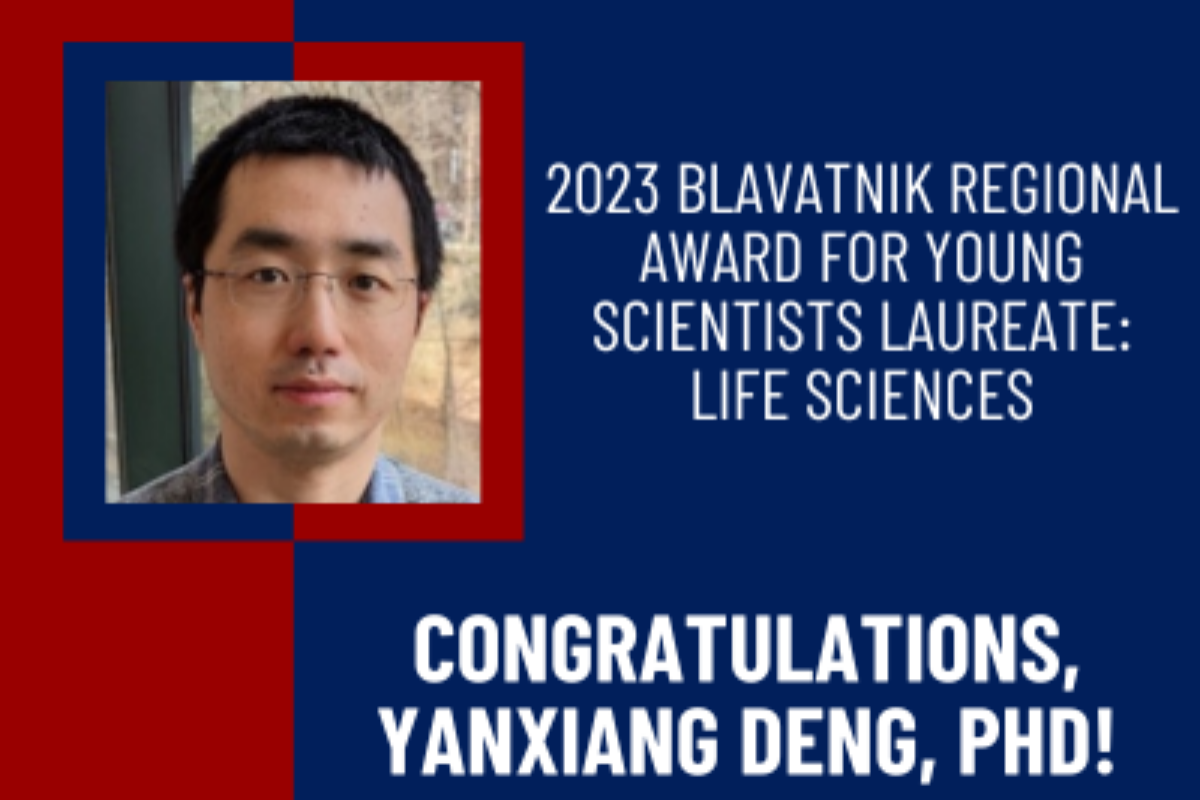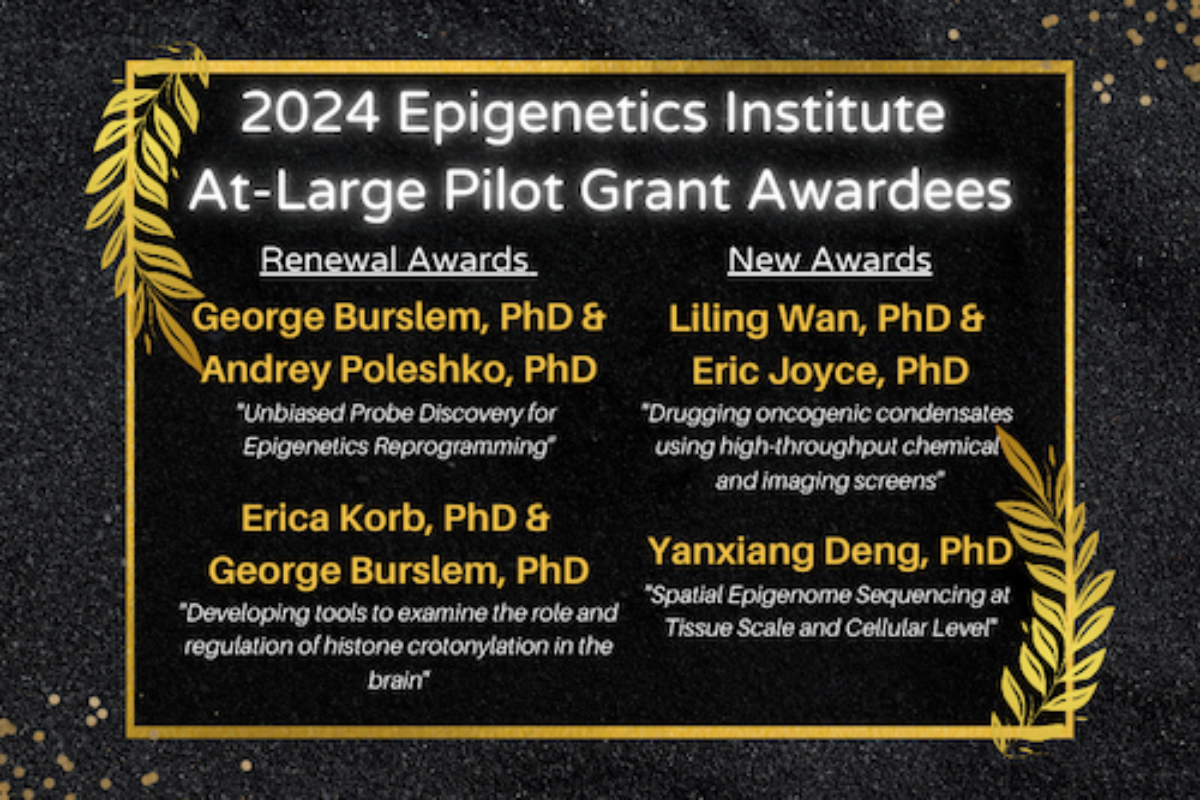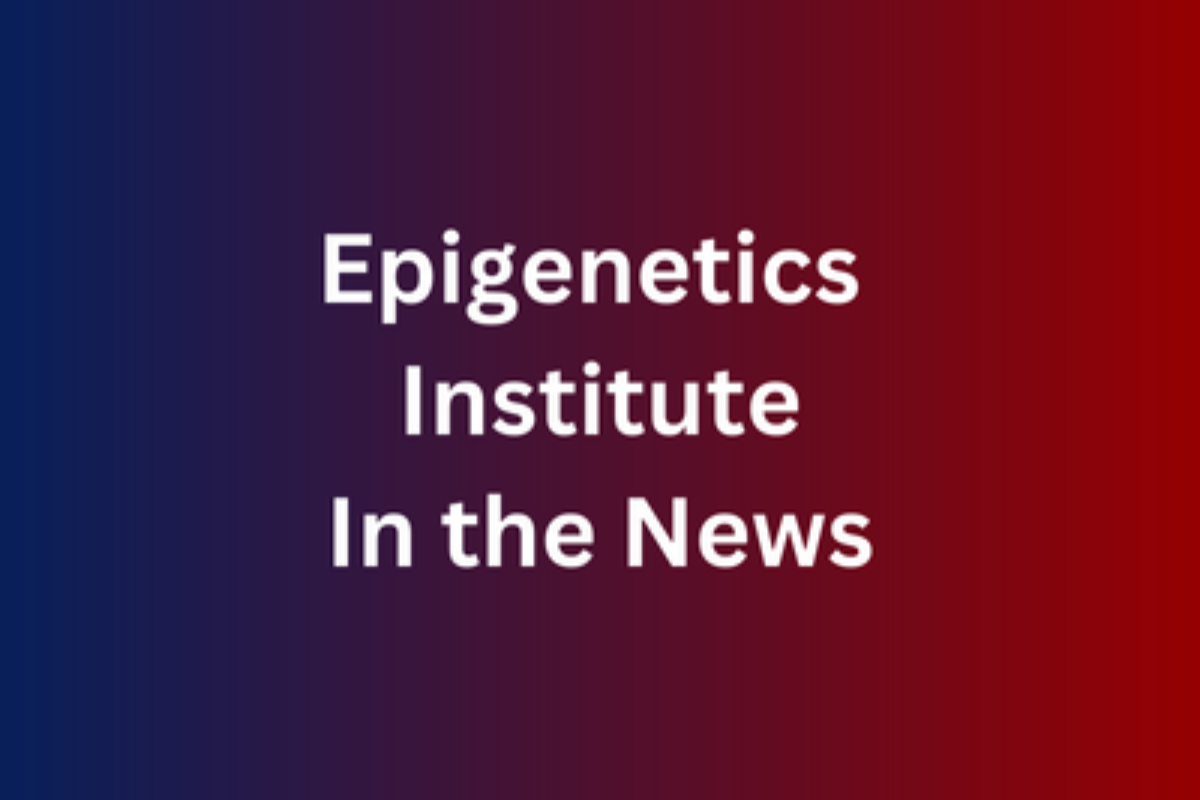The Epigenetics Institute mourns the loss of Michael Grunstein, PhD, whose work is foundational to the study of chromatin and epigenetics. In addition to his groundbreaking scientific discoveries in the 1990’s revealing the central biological role of histones and their acetylation modifications, Michael was also a treasured colleague who challenged those around him in a positive way to advance the field. My own early research in the transcription and chromatin field was deeply affected by long, memorable, and heated discussions with Michael at many conferences. Below please find an announcement of Michael’s passing written by Siavash Kurdistani, MD, who was a post-doc and colleague to Michael. Please read Siavash’s wonderful memorial to Michael’s inspiring life and work.
Shelley
Shelley L. Berger, PhD
Director, Penn Epigenetics Institute
Michael Grunstein, PhD
In Memoriam
February 18, 2024
It is with profound sorrow that I share the news of the passing of Michael Grunstein, a distinguished professor, valued colleague and pioneering scientist in the field of chromatin and epigenetics. After a nearly 20-year battle, he succumbed to complications from Parkinson’s disease early this morning, with his family by his side at home. This loss is particularly personal to me as Michael was not only my postdoctoral advisor but also instrumental in helping me establish my independent career at UCLA.
Scientific breakthroughs are narratives of individuals and their journeys. Michael’s story is a prime example of this, illustrating the human elements that drive scientific discovery.
Michael was born in Romania in 1946 into a family of Holocaust survivors. After immigrating to Canada, he built a strong foundation in scientific fundamentals with a B.Sc. in Genetics and Chemistry from McGill University in 1967. He earned his Ph.D. at the University of Edinburgh’s Institute of Animal Genetics, working with Dr. Max Birnstiel in a lab recognized for isolating the first gene (rDNA). Michael then moved to Stanford for postdoctoral research, first with Dr. Larry Kedes in the Department of Medicine where he applied insights from rDNA to investigations of histone mRNA, and later with Dr. David Hogness in the Department of Biochemistry. It was in the Hogness lab that Michael developed colony hybridization, a powerful method that revolutionized gene mapping and chromosome isolation from complex mixtures. The technique, known as a “Grunstein,” was a mainstay of molecular biology research for more than two decades.
Upon joining UCLA in July 1975, Michael chose to study histones, driven by his intrigue with DNA packaging proteins and a deliberate choice to steer clear of what he perceived as the crowded field of transcription regulation research. Initially working with sea urchins, a chance confluence of events, including the destruction of the sea urchin population in the Gulf of California by Hurricane Liza in 1976, prompted him to switch to budding yeast as his model organism. This decision was further catalyzed by the development of a method to transform yeast cells, a breakthrough achieved by Gerald Fink and colleagues in 1978.
Utilizing yeast genetics, the Grunstein lab established that histones were not merely packaging proteins for DNA but contribute to regulation of gene expression. A key breakthrough was the demonstration that histones cooperate with the yeast SIR proteins to establish heterochromatin, a first such model for how specialized domains of chromosomes can be formed. His pioneering discoveries opened a novel field of inquiry and laid the foundation for the study of epigenetics in biology and disease.
Reflecting on Michael’s journey, we can discern the key attributes that lead to scientific breakthroughs. Curiosity led him to find fascination in what many considered mundane—packaging proteins. Creativity guided him to explore questions overlooked by others. Courage was evident in his consequential pivot from sea urchins to a then-emerging model organism—the budding yeast. Willingness to follow nature and experimental results allowed him to perceive that packaging proteins play important roles in gene regulation. Resolve and luck, enabled him to make the best of what was available to him, culminating in seminal contributions to science.
Michael received widespread acclaim for his groundbreaking work, earning him national recognition and his election to the American Academy of Arts and Sciences and the National Academy of Sciences. Among his many awards were the Lasker Basic Medical Research Award, the Albany Prize, the Gruber Genetics Prize and the Massry Prize. He shared these honors with C. David Allis, who credited Michael’s influential work in the 1980s as the inspiration for his own entry into the field of epigenetics.
Michael’s success, like that of many scientists, was made possible by the contributions of a talented group of student and postdoctoral trainees. Additionally, he was fortunate to have the tireless support of his spouse, Dr. Judith (Judy) Grunstein. Judy played a crucial role both within and outside the laboratory setting. She helped Michael establish his laboratory at UCLA and made significant contributions to his research. One notable contribution was an important early paper that characterized the sea urchin histone H4 gene. Later, Judy earned a dentistry degree from UCLA and dedicated over three decades to practicing in the community.
Michael served as Chair of the Department from 2007 to 2010 and retired from UCLA on June 29, 2016.
Beyond his scientific endeavors, Michael had a passionate interest in gardening. He approached gardening not just as a leisure activity but with serious dedication. At its peak, his garden was yielding an impressive 3 tons of avocados annually, in addition to a bountiful variety of other fruits and vegetables.
Michael leaves behind his loving wife Judy, their daughter Davina, their son Jeremy and daughter-in law Elisa, and four grandchildren: Jasper, Rowan, Emilia and Josie. Our thoughts are with the Grunstein family during this immensely difficult time, and we offer them our deepest sympathies and support.
I invite you to listen to Michael’s Lasker speech in which he describes his contributions to science and offers personal reflections on his career: https://vimeo.com/291819942.
In honor of Professor Grunstein’s inspiring legacy and enduring contributions to the Department,
Siavash
Siavash K. Kurdistani, MD
Professor and Chair
Department of Biological Chemistry
David Geffen School of Medicine at UCLA


